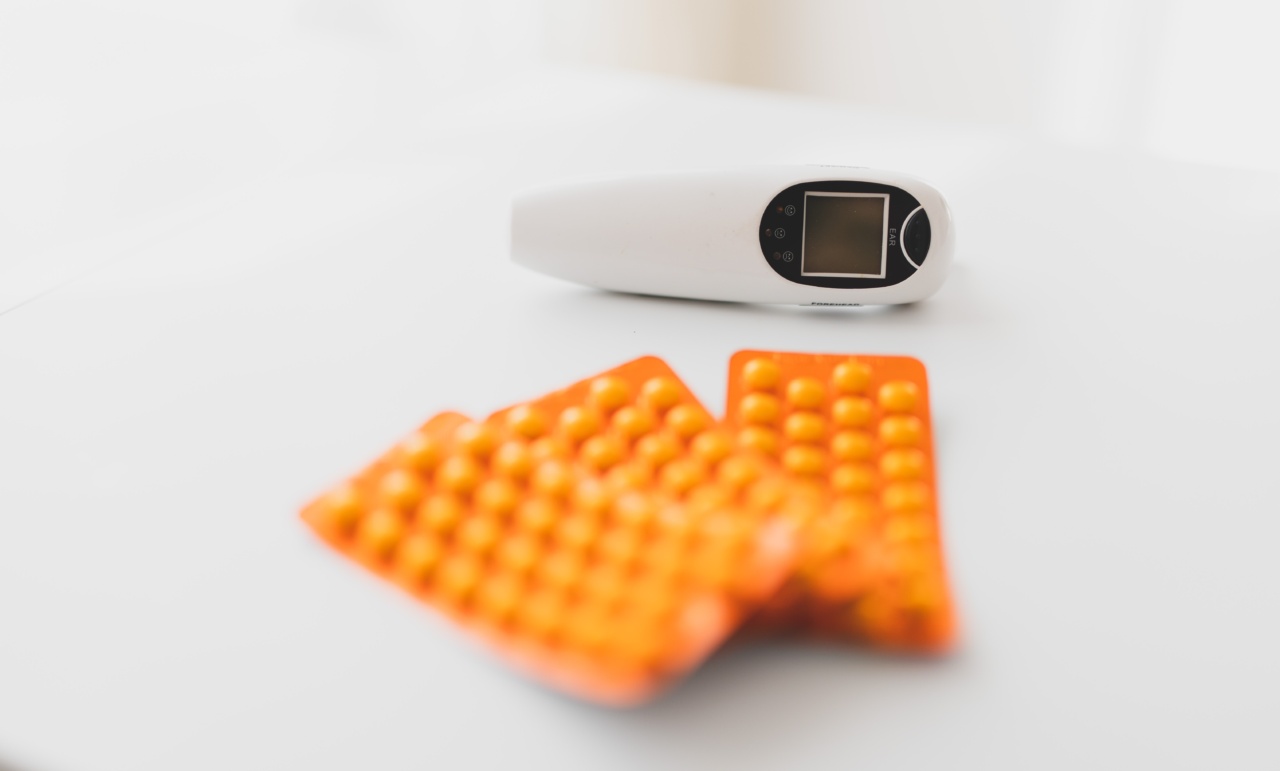Adenomyosis is a condition in which the tissue that normally lines the uterus grows into the muscular wall of the uterus. This can cause the uterus to become enlarged and painful.
Adenomyosis is most commonly diagnosed in women between the ages of 40 and 50 who have had children. The exact cause of this condition is unknown, but hormonal imbalances and inflammation may play a role.
Symptoms of Adenomyosis
The symptoms of adenomyosis can vary from woman to woman. Some may experience severe pain and heavy menstrual bleeding, while others may have no symptoms at all. Common symptoms include:.
- Intense pelvic pain and pressure
- Cramping before and during menstruation
- Longer and heavier menstrual periods
- Passing blood clots during menstruation
- Pain during sexual intercourse
- Abdominal bloating and tenderness
Traditional Treatments for Adenomyosis
Traditional treatment options for adenomyosis include pain relievers, hormonal therapy, and surgery.
Pain relievers such as nonsteroidal anti-inflammatory drugs (NSAIDs) can help reduce the pain and inflammation associated with adenomyosis.
Hormonal therapy, such as birth control pills or a hormonal intrauterine device (IUD), can help regulate the menstrual cycle and alleviate symptoms. In severe cases, surgery may be recommended, such as a hysterectomy (removal of the uterus) or endometrial ablation (removal of the lining of the uterus).
The Role of MOTHER Therapy in Adenomyosis
MOTHER Therapy is an alternative treatment approach that focuses on naturally alleviating the symptoms of adenomyosis. MOTHER stands for Mindfulness, Oxytocin, Thermotherapy, Exercise, and Relaxation.
This holistic therapy aims to address the physical, emotional, and hormonal aspects of the condition.
Mindfulness
Mindfulness techniques, such as meditation and deep breathing exercises, can help reduce stress and promote relaxation. Adenomyosis can be associated with increased stress levels, which can exacerbate symptoms.
Practicing mindfulness can help manage stress and enhance overall well-being.
Oxytocin
Oxytocin, also known as the “love hormone,” is naturally produced by the body during childbirth, breastfeeding, and intimate moments. It has been shown to have pain-relieving effects.
Engaging in activities that promote the release of oxytocin, such as cuddling, hugging, or having orgasms, can help alleviate pelvic pain associated with adenomyosis.
Thermotherapy
Applying heat to the pelvic area can provide temporary relief from pain and cramping. Heat helps relax the uterine muscles and improve blood circulation. This can be done using hot water bottles, heating pads, or warm baths.
However, it is important to avoid excessive heat to prevent burns.
Exercise
Regular exercise can help improve overall physical and mental well-being. Physical activity releases endorphins, which are natural painkillers. Low-impact exercises such as walking, swimming, or yoga can be beneficial for women with adenomyosis.
It is important to consult with a healthcare professional before starting any exercise regimen.
Relaxation
Stress reduction and relaxation techniques can help manage pain and promote a sense of well-being. Practices such as yoga, tai chi, or aromatherapy can aid in stress relief and improve sleep quality.
Relaxation techniques can also help regulate hormone levels and reduce inflammation.
Combining MOTHER Therapy with Traditional Treatments
While MOTHER Therapy can provide relief from symptoms, it is important to note that it is not a substitute for medical treatment. It can be used in conjunction with traditional treatments to enhance their effectiveness.
Consulting with a healthcare professional is crucial to create an individualized treatment plan that best suits the needs of each woman.
Lifestyle Changes for Adenomyosis Relief
Aside from MOTHER Therapy, certain lifestyle changes may also help alleviate symptoms of adenomyosis. These include:.
- Eating a balanced diet rich in fruits, vegetables, and whole grains
- Avoiding foods that can trigger inflammation, such as processed foods and refined sugars
- Getting regular sleep and practicing good sleep hygiene
- Reducing alcohol and caffeine consumption
- Quitting smoking, as it can worsen symptoms
Conclusion
Adenomyosis is a challenging condition that can significantly impact a woman’s quality of life. While traditional treatments are available, exploring alternative options such as MOTHER Therapy can provide additional relief from symptoms.
By incorporating mindfulness, oxytocin-promoting activities, thermotherapy, exercise, and relaxation techniques into the treatment plan, women with adenomyosis can experience improved well-being and better manage their condition.































